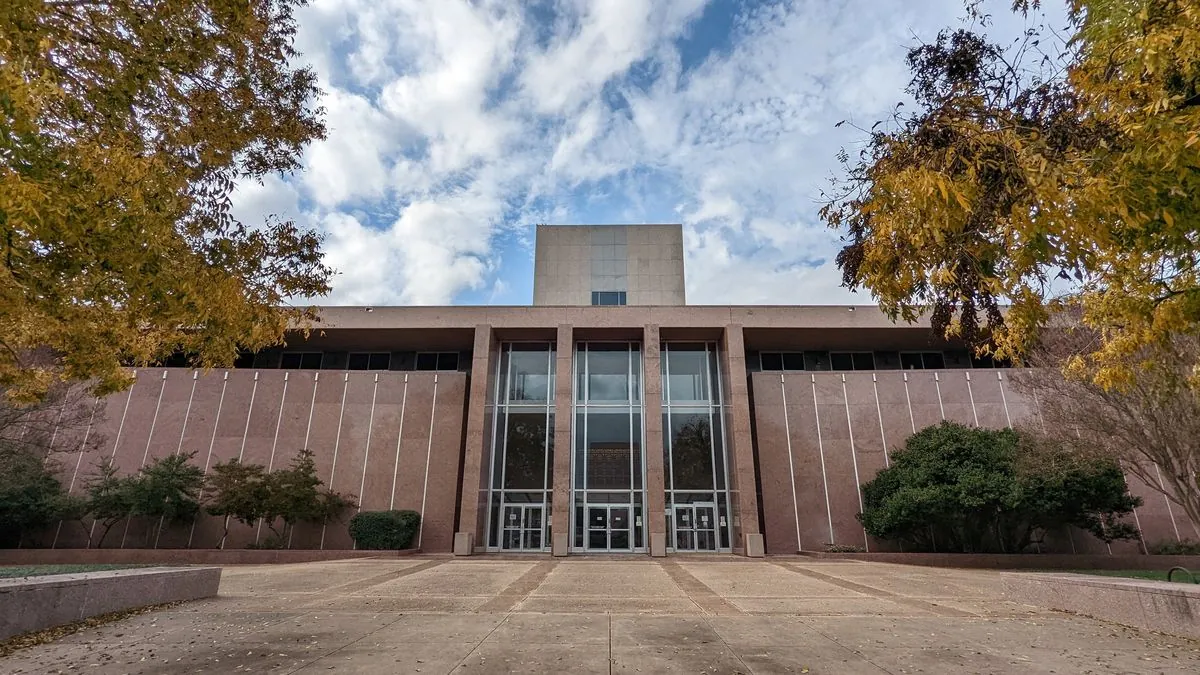Texas Supreme Court Weighs Ethics Case Against AG's Deputy Over Election Challenge
Texas' highest court heard arguments in a professional misconduct case against a top official in the Attorney General's office, stemming from challenges to the 2020 U.S. presidential election results.

On September 12, 2024, the Texas Supreme Court convened to hear arguments in a case involving Brent Webster, a high-ranking official in the Texas Attorney General's office. The hearing centered on Webster's appeal against professional misconduct claims stemming from his involvement in challenging the 2020 U.S. presidential election results.
The case against Webster is part of a broader controversy surrounding legal challenges to the 2020 election outcome. The State Bar of Texas, through its Commission for Lawyer Discipline, has accused Webster and his superior, Attorney General Ken Paxton, of misconduct related to alleged misrepresentations in their unsuccessful U.S. Supreme Court case contesting voting procedures in Pennsylvania and other key states.
During the hearing, several justices expressed concerns about the scope and basis of the bar's arguments. Justice Jimmy Blacklock remarked, "The difference between whether this case is sanctionable or reasonable is your interpretation — through the lens of politics — of these controversial political events."

Webster's legal team argues that the work performed on behalf of the state places them beyond the reach of the commission's disciplinary process. This argument highlights the ongoing debate about the limits of the attorney general's office's authority and the state bar's jurisdiction in disciplining lawyers for their professional actions.
The case has a complex legal history. In 2021, Webster successfully had the bar's case dismissed, with a judge ruling that allowing the complaint to proceed would undermine the "broad power" of the attorney general's office. However, in 2023, the Eighth Court of Appeals in El Paso overturned this decision, stating that while the attorney general's office has "broad discretion," its power is not "unlimited."
"No amount of discretion in representing the State in civil litigation would permit an executive-branch attorney to bypass the Commission's disciplinary process if he engaged in alleged professional misconduct."
It's worth noting that similar cases have been brought against other lawyers who contested the 2020 election results, including Rudy Giuliani, Jeffrey Clark, and Sidney Powell. These cases underscore the ethical implications of challenging election results and the professional responsibilities of lawyers in high-profile political cases.
The Texas Supreme Court's decision in this case could have far-reaching implications for the legal profession and the balance of power between state offices and disciplinary bodies. As of the hearing date, the court had not yet indicated whether it would hear a separate, but related, case against Attorney General Paxton.
This case highlights the complex interplay between law, politics, and professional ethics in the aftermath of a contentious election. The outcome may set a precedent for how similar cases are handled in the future, potentially affecting the 4,000+ employees of the Texas Attorney General's office and lawyers across the state.


































